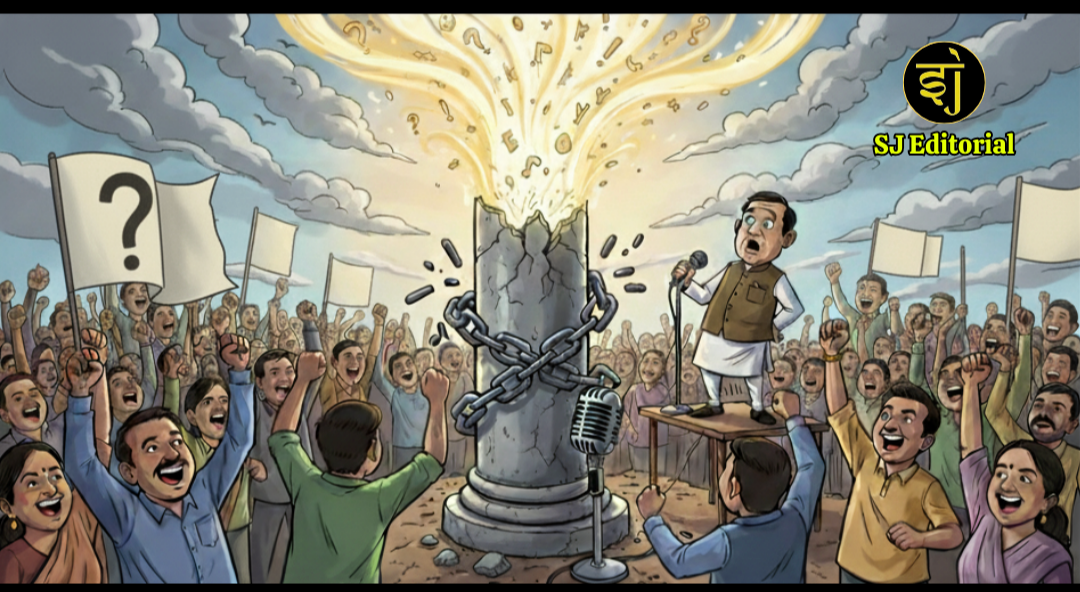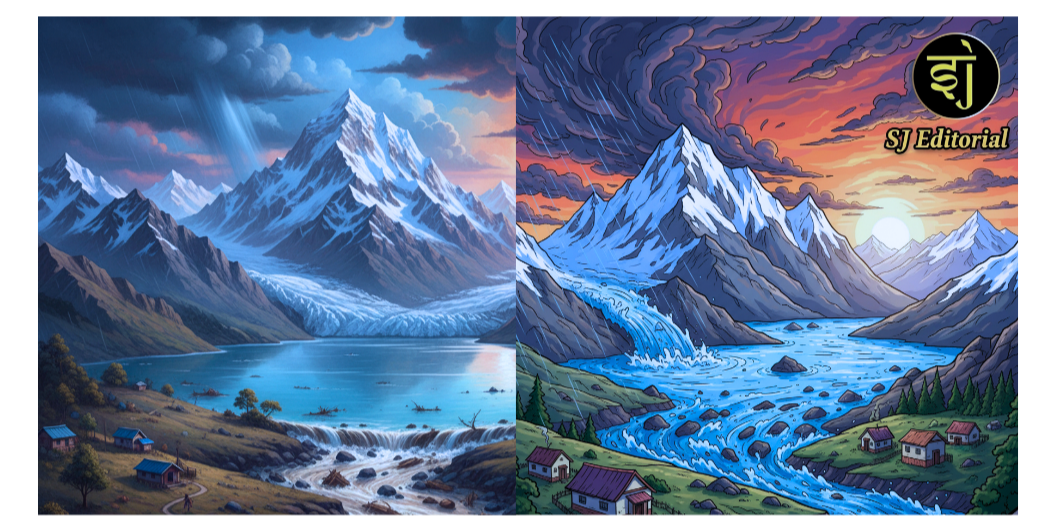Freedom of expression is not just a fundamental right protected by the Constitution. It is a natural part of being alive. When we are in pain, we cry; when we are happy, we smile; when something burns, we shout. Birds do not need constitutions to sing. Expression is as natural as breath itself. Yet in human society, this natural act was turned into a protected right because without it, society could slip into fear, chaos, and anarchy. In India, the Constitution institutionalises this freedom, but its roots run deeper than any written law.
A true democracy flourishes not when governments tolerate criticism as a burden, but when they embrace it as strength. Jawaharlal Nehru once said, “Democracy is good. I say this because other systems are worse.” But democracy is not good enough unless it grows a culture of listening to its harshest critics. Voltaire’s timeless line – “I disapprove of what you say, but I will defend to the death your right to say it” – remains the real test of democratic character. When questions, dissent, or harsh criticism are dragged into courtrooms instead of debated in open dialogue, it signals weakness, not strength. Courts should be the last resort, not the first tool against disagreement. Only when words break laws or threaten law and order should legal action come into play. Otherwise, criticism, however ruthless, must be answered by dialogue, not FIRs. As the saying goes, “Democracy means not ‘I am as good as you are,’ but ‘You are as good as I am.’”
India today shows troubling signs. The Economist Intelligence Unit’s Democracy Index 2023 placed India at 41st globally, still within the category of “flawed democracy,” with declining scores on political culture and civil liberties (EIU, 2024). On press freedom, the picture is worse. In the World Press Freedom Index 2025, India ranked 151st out of 180 countries (Reporters Without Borders, 2025). These numbers are not abstract. They reveal shrinking space for media, dissent, and ordinary citizens who dare to ask uncomfortable questions. Sikkim is no exception. The winds that blow across the nation also touch our hills. When criticism anywhere begins to invite legal action or suppression instead of reasoned debate, it is a sign that democracy itself is being tested.
Economic inequality deepens this danger. According to the World Inequality Lab (2024), the top 1% of Indians earn over 22% of national income and own more than 40% of the country’s wealth. In such a divided society, when the poor cannot speak freely and when their voices are drowned out by power and privilege, democracy bends further toward the powerful. Free speech becomes the only weapon of the weak, take it away, and you strip them of their dignity.
This is why we must rethink the way we practice democracy. Leaders must stop treating dissent as defamation and begin treating it as dialogue. Political parties must bring burning issues like climate change, inequality, and freedom of expression into the heart of public debate, instead of drowning in blame games. Schools must begin teaching children not only how to pass exams, but how to question, argue, and express respectfully.
Democracy is not a ritual of casting votes every five years. It is the daily practice of listening, disagreeing, and still respecting the right of the other to speak. From New Delhi to Gangtok, democracy will survive only if dialogue survives, only if criticism survives, only if voices survive. Too often, especially in young democracies, those in power demand “positive” or “constructive” criticism. But the truth is, every genuine criticism is constructive. If a comment is made only to destroy, it is not criticism at all. Criticism is not blame, it is the soul of democratic dialogue.
And free speech, whether uncomfortable, harsh, or critical, is the heartbeat that keeps democracy alive. Without it, democracy becomes silent. And silence, in the end, is not peace. It is the sound of freedom dying.

